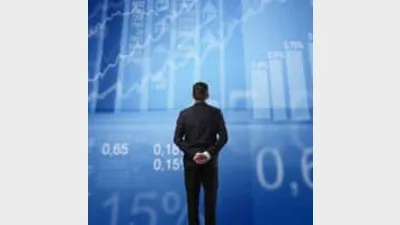Too many managers spoil the returns: van Eyk



Too many active managers can dilute the benefits of risk through over-diversification, according to van Eyk chief executive Mark Thomas.
Thomas said van Eyk research showed active managers bet mostly on movements in the market, and although investors paid higher fees for managed funds, portfolios often held little stock-specific or active risk.
Combining active managers in a portfolio can water down that small amount of risk even further, according to van Eyk.
From three randomly selected active fund managers in a single portfolio, only two stockholdings varied more than 2 per cent from the benchmark while the rest were less than 2 per cent of their market weight, according to the research.
"You need to dig down deep into the detail when mixing these sorts of investments in order to get the degree of risk you intended," Thomas said.
Thomas said it was the right time for investors to be taking on more risk due to relatively attractive share valuations, and ongoing market volatility driven by the euro crisis and other economic strains that give active managers the opportunity to exploit market mispricing.
Recommended for you
Global asset manager Janus Henderson could be acquired after receiving a non-binding acquisition proposal jointly from a private investment firm and venture capital firm.
Investment manager Salter Brothers has partnered with private equity firm Kilara Capital to launch an Australian sustainable investment platform focusing on decarbonisation.
Fresh off launching three active ETFs to the Australian market, Avantis Investors is already planning to expand its range with two further products next year.
Ausbil is growing its active ETF range with an ESG product in collaboration with sister company Candriam.











